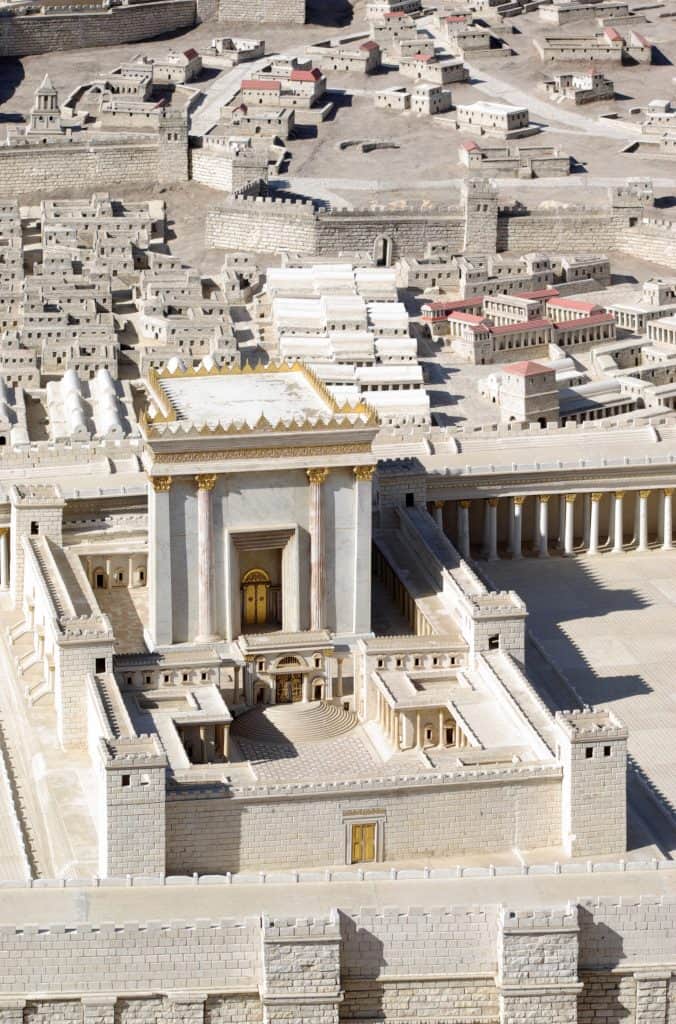⏱️ Estimated Reading Time: 8 min read
“Alas! And Did My Savior Bleed”
Theology can be a daunting subject. When it comes to topics like the Doctrine of Christ, people can sink into their seats and ignore the subject, which is a terrible response to such precious biblical truth. Within the Doctrine of Christ, most theologians cover two distinct sections, the person of Christ and the work of Christ. Both of these are of utmost importance for biblical Christianity, but for this particular article, the work of Christ will be highlighted. Specifically, the “three offices” of Christ and His execution of those offices will be our primary targets. As Christ executes these three offices, He is meeting man’s need for restoration, since Jesus Christ is God; man’s restoration is undeniable and permanent. These three offices help us to understand Jesus’ redemptive work. As Prophet, He brings us the true word of God. As Priest, He brings sacrifice and makes intercession. As King, He rules all things in His sovereign power.
The Three Offices of Christ
Christ executes three offices: Prophet, Priest, and King. Because these three offices come together for the salvation of God’s people, they need to be discussed thoroughly so that we can see how Christ executes these offices, what that means, and how that applies to the life of the believer. The Westminster Shorter Catechism is a great tool that should be utilized in this discussion; therefore, with each of the offices, the question and answer will be quoted and examined.
The first office that Christ executes is the office of a prophet. The Shorter Catechism asks the question, “How does Christ execute the office of a prophet?” The answer, “Christ executeth the office of a prophet, in revealing to us, by his word and Spirit, the will of God for our salvation.” [1]
Prophet
When glancing at this office, specifically the Shorter Catechism question and answer, it seems to be fairly simple. That Christ shows us the way to salvation and God’s will through His Word and His Spirit, but through closer examination, this office of prophet carries far more weight.
A prophet is one who speaks the Word of God. This definition is very fitting with Scriptural backing, but it also shows that Jesus is more than a Prophet because He is the very Word of the Lord Himself. John chapter one tells readers this specifically as it reads, “In the beginning was the Word, and the Word was with God, and the Word was God.” (John1:1). Ultimately, as one continues to read, it is seen that the Word was Jesus in the flesh (John 1:14). Not only were the words of God on the lips of Jesus, but He is the living and breathing Word of God incarnate. Therefore, because Jesus is the Word of God, He is the ultimate Prophet; He fulfills every prophecy.
Priest
The second office Christ executes is the office of is Priest. In the Question 25 and its corresponding answer in the Shorter Catechism, we have a good summary statement of how Christ executes the office of a Priest. The answer reads, “Christ executeth the office of a priest, in his once offering up of himself a sacrifice to satisfy divine justice, and reconcile us to God; and in making continual intercession for us.” [2] Through this answer, two duties are brought out and summarized for this office—sacrifice and intercession.
In regards to sacrifice, Jesus Christ brings fulfillment to the Old Testament sacrifice system, which God used to teach the people what Jesus would do when He came to Earth. Hebrews 10:3-7 speaks of this clearly, as the author writes:
“But in these sacrifices, there is a reminder of sins every year. For it is impossible for the blood of bulls and goats to take away sins. Consequently, when Christ came into the world, he said, ‘Sacrifices and offerings you have not desired, but a body have you prepared for me; in burnt offerings and sin offerings you have taken no pleasure. Then I said, ‘Behold, I have come to do your will, O God, as it is written of me in the scroll of the book.’”
Jesus’ sacrifice for His people fulfills the Old Testament sacrifice system of bulls, goats, lambs, doves, flour, wine, and oil. Therefore, Jesus is this perfect and spotless sacrifice being given up as an offering for sin. Jesus, through His obedience, is the atoning sacrifice for all of God’s people as He bore their sins, took them upon Himself, and cast them as far as the east is from the west (Psalm 103:12). The atonement of Jesus Christ makes us righteous in the sight of God. That means that our punishment for sin is taken care of through Jesus! What a glorious thought! We are reconciled to God and no longer an enemy of Him (2nd Corinthians 5:18-19).
In regards to intercession, a truth that is priceless to Christians, Christ pleads for His people to the Father bringing all of our needs to the great throne of God. There are some tremendous Scriptural references that teach believers about Christ’s interceding for them. One of these is Hebrews 4:15 which says, “For we do not have a high priest who is unable to sympathize with our weaknesses, but one who in every respect has been tempted as we are, yet without sin.” The author then writes in Hebrews 7:25, “Consequently, he is able to save to the uttermost those who draw near to God through him, since he always lives to make intercession for [His people].” (Hebrews 7:25)
Paul writes in Romans, “Who is to condemn? Christ Jesus is the one who died—more than that, who was raised—who is at the right hand of God, who indeed is interceding for us.” (Romans 8:34)
King
Lastly, the third office that Christ executes is the office of King. The Shorter Catechism gives great light to what is meant by this doctrinal phrase. It reads, “Christ executeth the office of a king, in subduing us to himself, in ruling and defending us, and in restraining and conquering all his and our enemies.” [3] This is very clear, that Christ is not just a Prophet and a Priest, but He is also the sovereign King. Revelation 19:16 gives us this complete title, the “King of kings and Lord of lords.” Jesus Christ is the One sitting upon the throne in Isaiah 6 and Revelation 4, for Jesus Christ is God. We see Christ’s Kingship over the whole earth in His magnificent works and power. Everything God the Father does, the Son does as well.
John Frame, a prominent Reformed theologian, helps connect the dots when he says that in connection to Christ’s Kingship, one must focus on the resurrection. He states:
“The resurrection, like the atonement, is part of our salvation from sin. It is Jesus’ great triumph over death and sin: death could not hold him. It is also the Father’s witness that Jesus’ claims are true and that his atonement accomplished its purpose. And consider this as well: Romans 6:4 tells us that when Jesus died, we died with him—to sin. And when he rose from the dead, we rose with him—to new life.” [4]
If there is no resurrection, we are still dead in our sins, which means we do not have a Savior who is victorious over sin and death. As believers present the gospel, we shouldn’t stop with Christ’s death on the cross but must continue on to explain the resurrection. The death of Christ is victorious, and the resurrection of Christ shows His triumph over sin and death. Jesus now serves as our exalted King, High Priest, Mediator, and Intercessor before the Father.
Final Thoughts
The work of Christ is for His people. He is redeeming them from their sins and restoring them to a right standing with God the Father. He accomplishes this work of redemption by executing the offices of Prophet, Priest, and King. As He is the Word of God, He is our sacrifice and mediator, and He is the King of kings and Lord of lords. 1st Timothy 1:15 reminds us, “The saying is trustworthy and deserving of full acceptance, that Christ Jesus came into the world to save sinners, of whom I am the foremost.” And again, Paul expounds, “For there is one God, and there is one mediator between God and men, the man Christ Jesus, who gave himself as a ransom for all, which is the testimony given at the proper time” (1st Timothy 2:5-6).
References:
[1] WSC, Question 24
[2] WSC, Question 25
[3] WSC, Question 26
[4] Frame., 908
Matthew D. Adams serves as Pastor of First Presbyterian Church, PCA in Dillon, SC. He graduated from Erskine Theological Seminary in Columbia, South Carolina with a Masters of Divinity. He lives in a small town by the name of Hamer, SC and is married to Beth.




